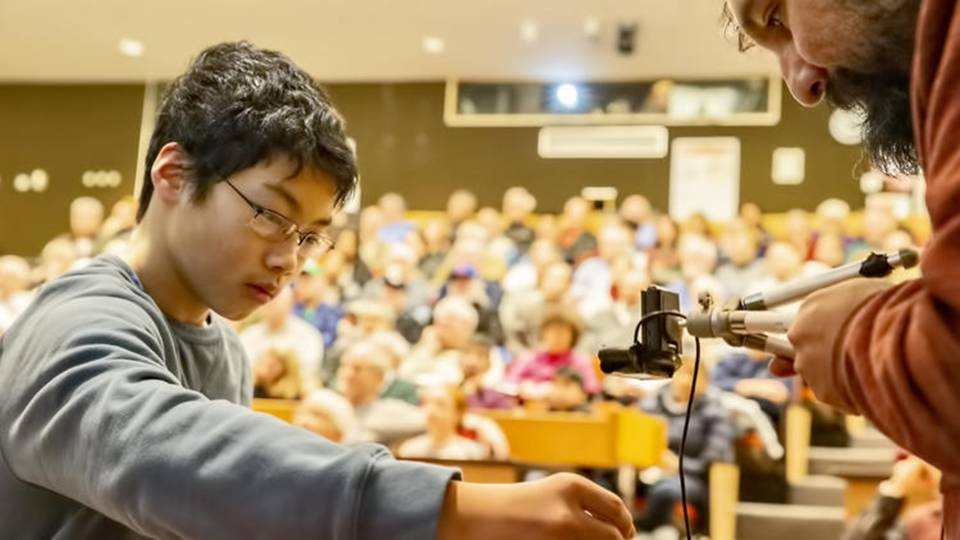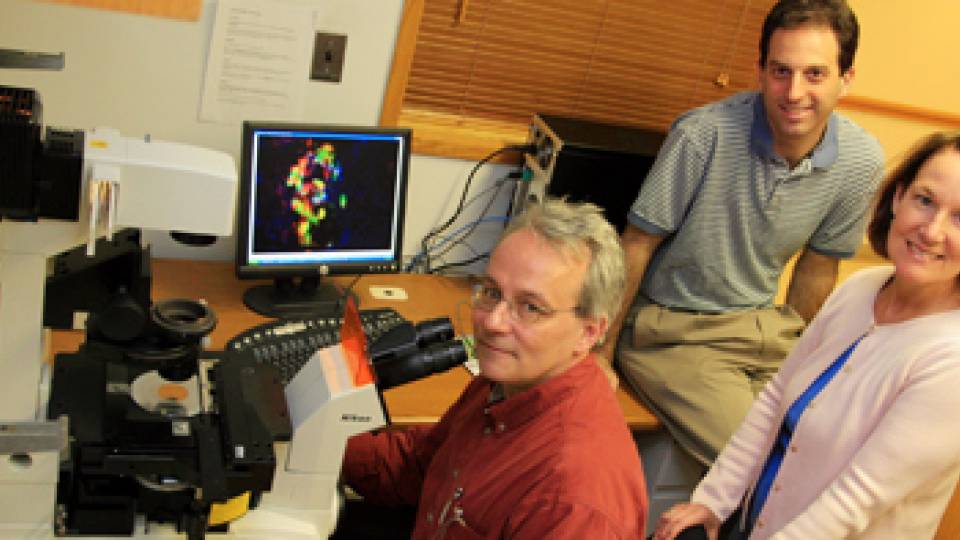The Princeton Plasma Physics Laboratory's annual "Science on Saturday" program -- a series of eight talks on topics including forensics, evolution, undersea volcanic eruptions and synthetic biology -- is scheduled for Jan. 14 through March 11.
The talks begin at 9:30 a.m. on designated Saturdays and usually finish by 11:15 a.m. The program is geared toward high school students, but all campus and local community members are invited to attend the lectures in the Gottlieb Auditorium on the Forrestal Campus.
No preregistration is required; registration takes place on site before each session. Seating is on a first-come, first-served basis. Heightened security at the lab requires that all adult visitors show government-issued photo identification. Directions and further information are available from the PPPL's Web site.
This year's series includes the following lectures:
- Jan. 14: "D is for Digital and Why It Matters" by Brian Kernighan, professor of computer science at Princeton.
- Jan. 21: "The Science Behind Forensics" by Thomas Brettel, director and chief scientist for the New Jersey State Police Office of Forensic Sciences.
- Jan. 28: "How Will Tomorrow's Machines be Engineered: Inventing Tools to Design Molecular Devices" by Karl Sohlberg, professor of chemistry at Drexel University.
- Feb. 4: "Life After Death in the Abyss: The Saga of an Undersea Volcanic Eruption" by Richard Lutz, professor of marine and coastal sciences and director of the Center for Deep-sea Ecology and Biotechnology at Rutgers University.
- Feb. 11: "Advances in Coastal Ocean Observation Technologies" by Michael Bruno, professor of ocean engineering and director of the Center for Maritime Systems at Stevens Institute of Technology.
- Feb. 18: "The Evolution of Species: Insights from Fish, Chimpanzees, and People" by Jody Hey, professor of genetics at Rutgers.
- March 4: "Synthetic Biology: From Bacteria to Stem Cells" by Ronald Weiss, professor of electrical engineering at Princeton.
- March 11: "If Archimedes Had a Computer: Why Ships, Icebergs, and Buildings Topple" by Chris Rorres, lecturer in epidemiology at the University of Pennsylvania.

